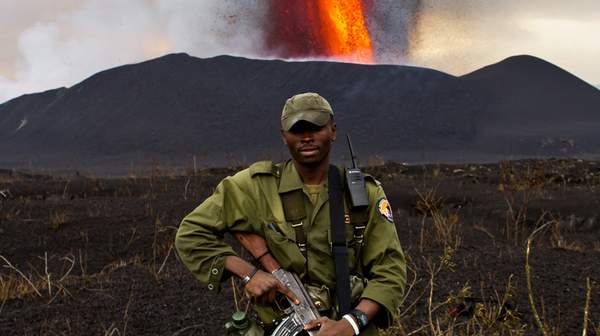The Best Movies On Netflix You Haven’t Yet Seen
As great as Netflix is, finding good movies you haven’t yet seen can be a chore. You may have even started believing that you’ve already seen them all. Rest assured, there is very little chance you have. A Good Movie to Watch suggests movies you haven’t seen, but you should. To do this, we only recommend movies that have received a 6.7 rating on IMDB and a 60% Fresh score on Rotten Tomatoes. This means that these movies have been appreciated by both critics and viewers, so you can trust that they’re awesome. We also try to specialize in movies that didn’t make a huge splash at the box office or which didn’t get the attention they deserved, so there is little chance you have already seen them. Below we count down our most favorite movies among those available to stream on Netflix Instant USA. For all the little-known, highly-rated movies ready to stream on Netflix, click here.
Jump to the top 10:
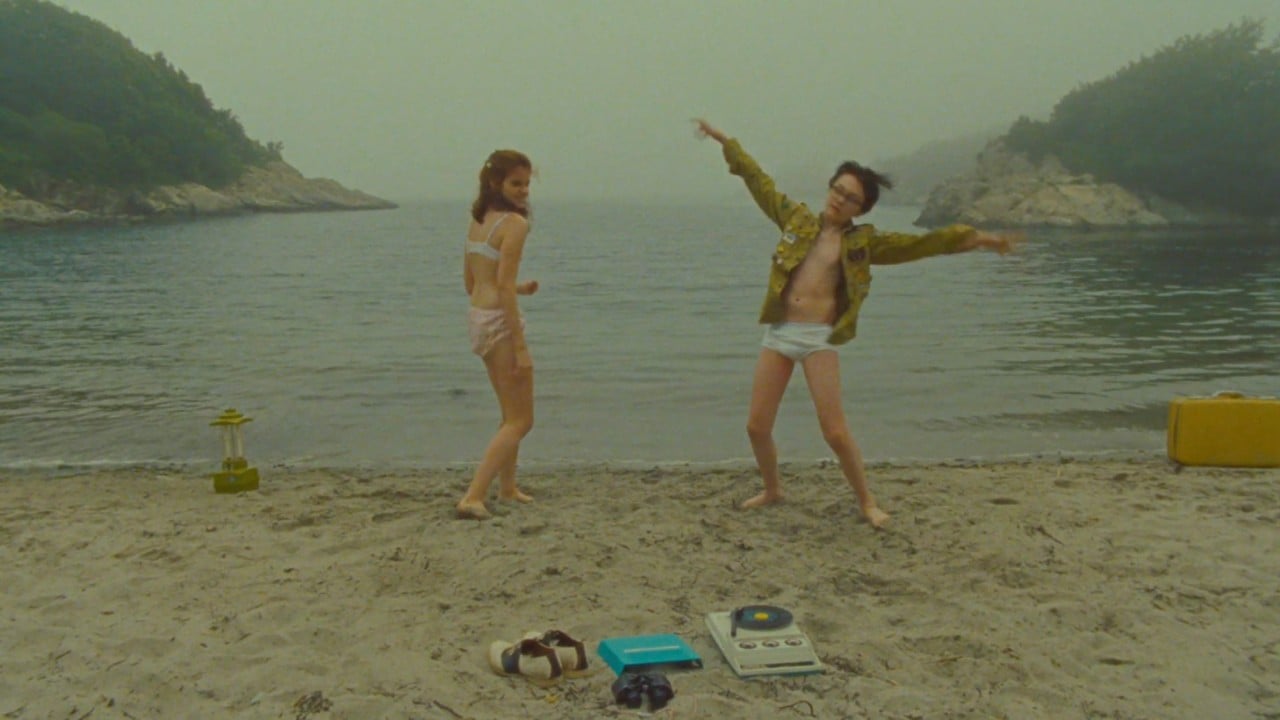
Two twelve year olds: Sam, an introverted Khaki scout (Jared Gilman) and the sharp yet sassy Suzy (Kara Hayward), fall in love and run away to their own personal paradise they call “Moonrise Kingdom.” The young girl’s parents (Bill Murray and Frances McDormand) call the authorities. A search party compiled of the local Sheriff (Bruce Willis), Khaki Scout Troop Leader (Edward Norton) and his scouts along with an assortment of other characters try to track down the young runaways through the wilderness. The characters are as bright, quirky and colourful as their surroundings. The film’s trademark stylistic handmade art direction (Wes Anderson) and clever camera choices add character to the storytelling. Even with its sweet and playful demeanour, major real world issues such as bullying and infidelity are touched upon. Moonrise Kingdom is a delightfully charming film with a meticulously executed plot and sophisticated humour.
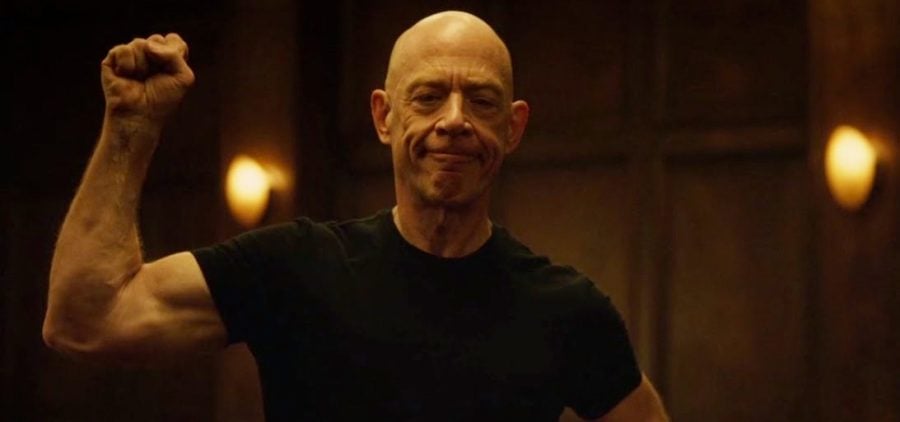
Miles Teller plays Andrew Nieman, an ambitious young jazz drummer striving for greatness, who is edged towards breaking point by the sadism of his teacher and conductor, Terence Fletcher, played expertly by J.K. Simmons. Fletcher insults him, pressures him, and makes him cry in front of all his peers. Directed by Damien Chazelle, who was one of the youngest people to receive a Golden Globe and an Academy Award for the powerful La La Land, the aptly titled Whiplash poses some intense questions about artistry and ambition. Will Andrew survive? Will it lift him to a higher artistic level? Can his tormentor be appeased through accomplishment? It’s almost impossible to single out the best part of this film, considering the flawless performances, masterful script, and meticulously crafted soundtrack. Cherishing the existential artist without giving easy answers, Whiplash is an inspiring watch.
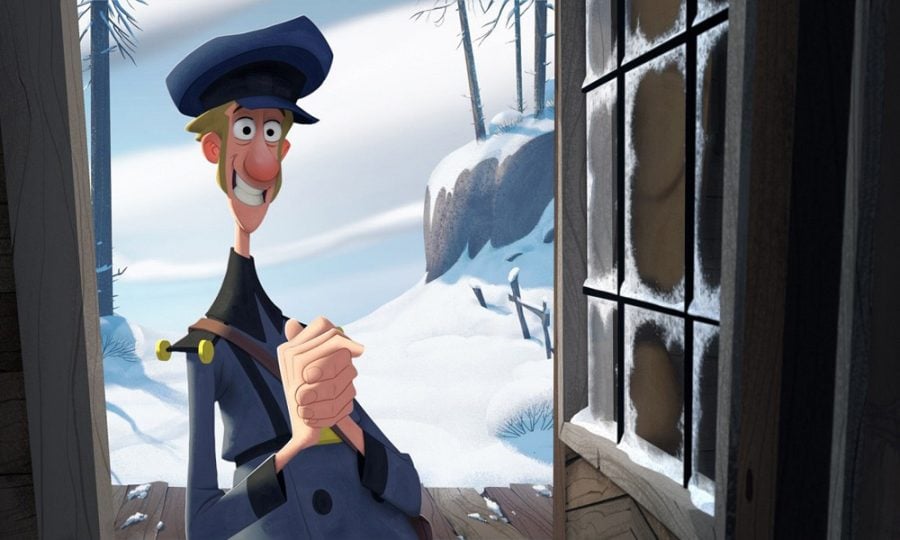
Shot by Sergio Pablos, a weathered animation film creator, here’s a future holiday classic to be reckoned with. Klaus is a beautifully old-school-looking, 90s Disney-style animation movie about the origin story of the world’s most beloved toymaker, Santa Klaus. Dispatched to a bleak arctic town, because he really wasn’t very good at his job at all, mailman Jesper stumbles upon the now-famous Klaus, making an acquaintance that will change the town forever, and, with it, the way Christmas is celebrated around the world. In addition to its homely warmth, funny moments, and nostalgic hand-drawn animation style, you will recognize many famous voice-overs in this festive family film, including the always amazing J.K. Simmons, Rashida Jones, and Jason Schwartzman, to name a few.
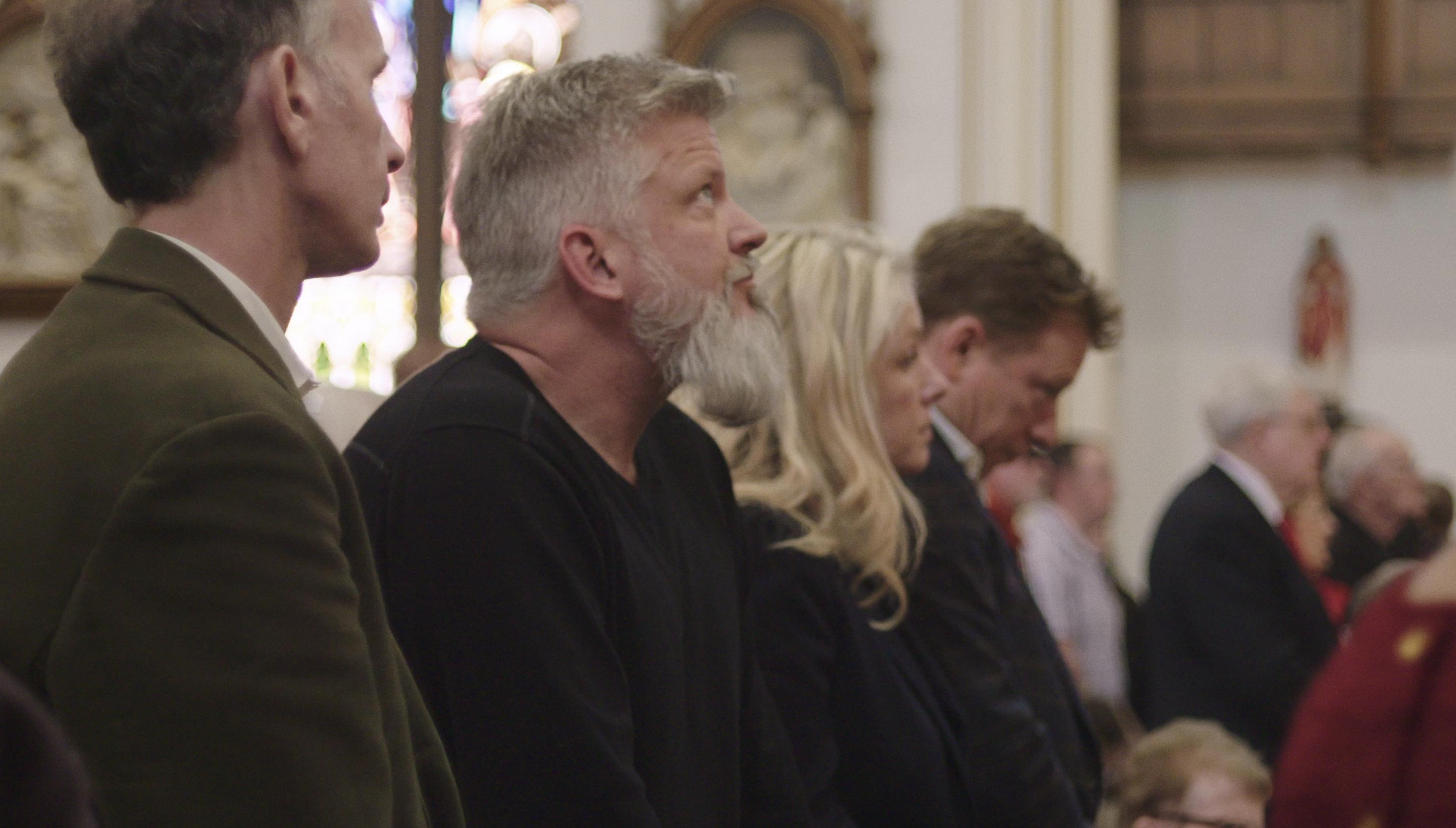
Difficult but essential viewing, Procession tracks the progress of six men undergoing art therapy—specifically, by creating short filmed scenes to process their trauma from being sexually abused by Catholic priests. The resulting films we get to see are wildly varied in the emotions they express, forming a rich and powerful tapestry of the effects abuse can leave on individuals. And to see these men confront the worst events of their lives through filmmaking begins to feel like validation for filmmaking itself, that it can truly be an art form that changes and saves lives. But even more striking, somehow, is the unbreakable bond that forms among these survivors throughout this entire process, captured with reverence and overflowing compassion by director Robert Greene.
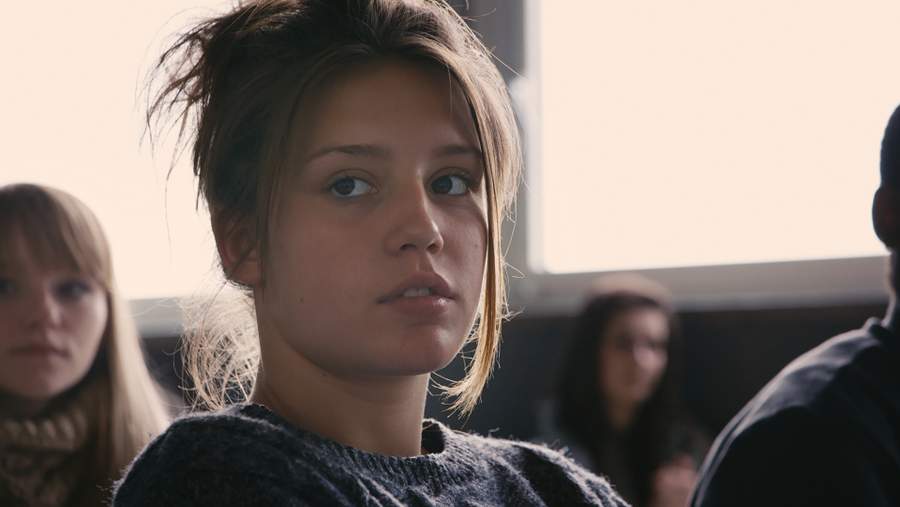
More simply called La Vie d’Adèle in its native language, this French coming-of-age movie was hugely successful when it came out and was probably one of the most talked-about films of the time. On the one hand, the usual puritans came to the fore, criticizing the lengthy and graphic sex scenes. On the other hand, Julie Maroh, who wrote the source material that inspired the script, denounced Franco-Tunisian filmmaker Abdellatif Kechiche for directing with his d*ck, if you don’t mind me saying so, while also being an on-set tyrant. Whatever you make of this in hindsight, the only way to know is to watch this powerfully acted drama about the titular Adèle (Adèle Exarchopoulos), and her infatuation with Emma, a free-spirited girl with blue hair, played by Léa Seydoux. The film beautifully and realistically portrays Adele’s evolution from a teenage high-school girl to a grown, confident woman. As their relationship matures, so does Adèle, and she slowly begins to outgrow her sexual and philosophical mentor. Whatever your final verdict on the controversial sex scene, Blue Is the Warmest Color is without doubt an outstanding film as are the performances from Exarchopoulos and Séydoux.
Orlando von Einsiedel’s epic documentary is at once a stunning natural film, an intimate human drama, and an intense political thriller slash investigative report. The titular Virunga National Park, a UNESCO world heritage site in Eastern Congo, serves as the magnifying glass through which we witness the natural, human, and political crisis of this embattled and volatile region. There are poachers killing endangered gorillas, the bloody business of Big Oil companies, government forces fighting a myriad of militias, and, lastly, the three individuals struggling to protect Virunga and its mountain gorillas from death and destruction. The result is a snap-crackle-pop-type situation, like sitting on a powder keg. The film captures all this superbly with great editing, compelling real-life material, and gripping action. Virunga’s intensity can rival a well-made fictional thriller any day of the week.
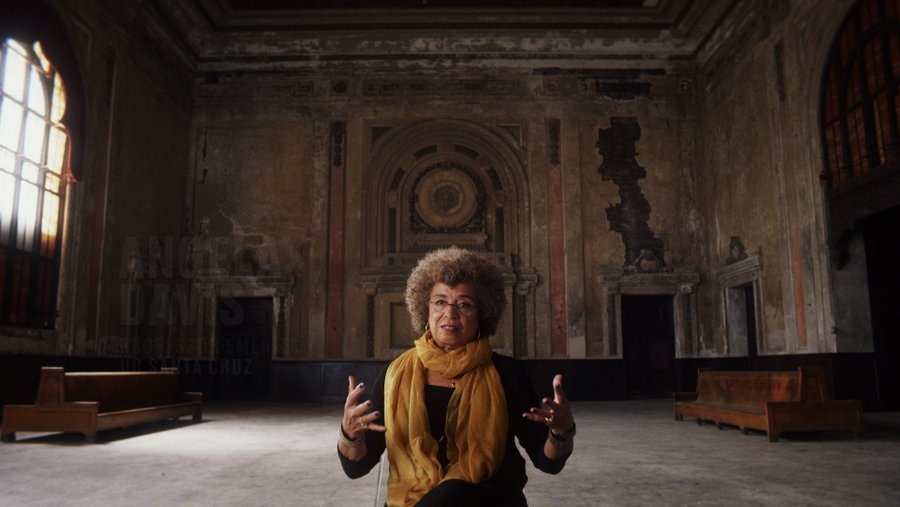
From Selma director Ava DuVernay, 13th addresses the second clause of the 13th amendment: “Neither slavery nor involuntary servitude, except as a punishment for crime whereof the party shall have been duly convicted, shall exist within the United States.” A clause that was immediately exploited and for which the consequences and interpretations explain a significant part of the current American societal landscape. What also unfolds is a highly instructive and thought-provoking film that deals with the idea of progress, and justly pays tribute to the horrifying number of lives mass criminalization ruined.
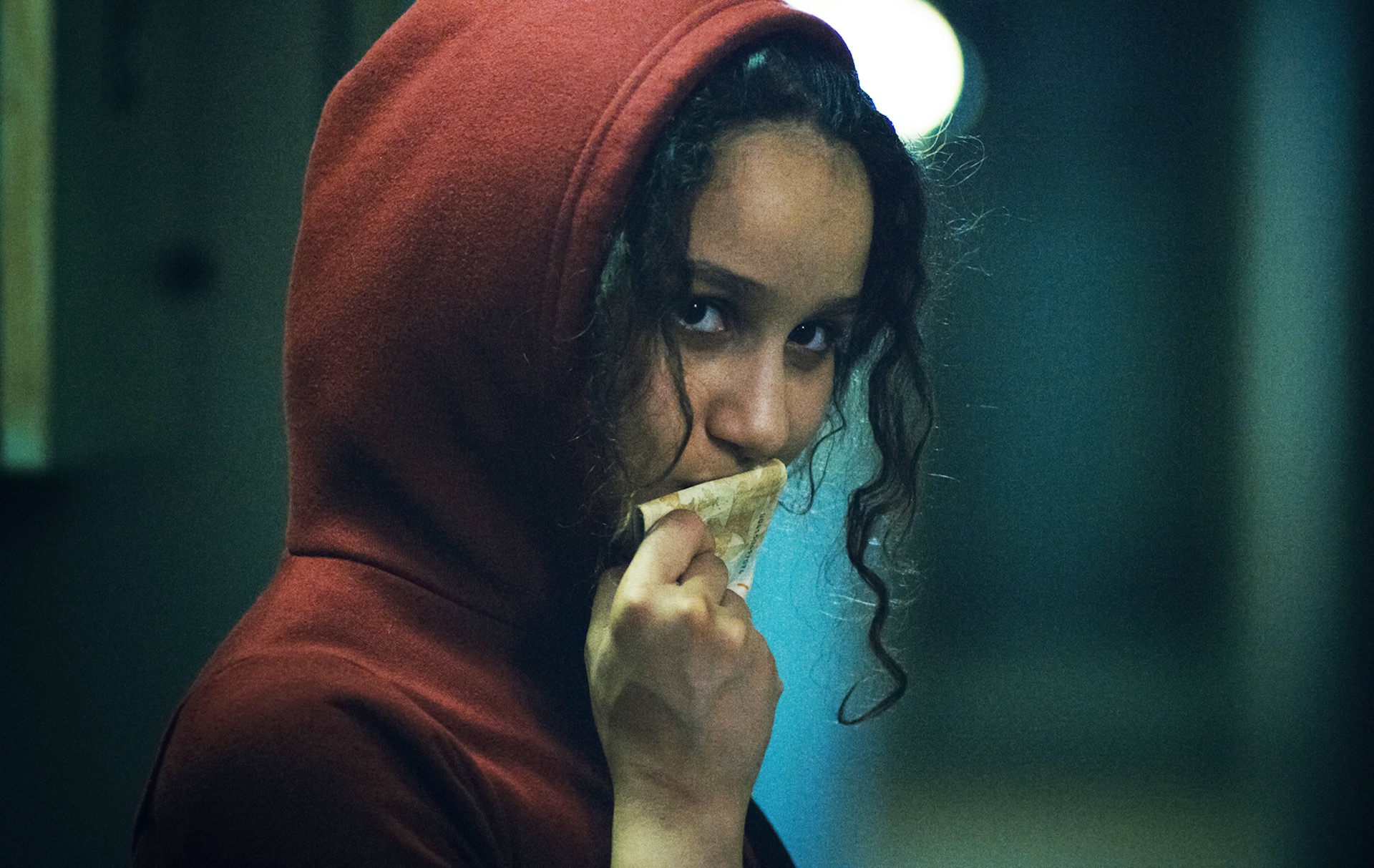
Winner of a Camera d’Or, the debutant’s prize at the Cannes Film Festival, Director Houda Benyamina’s first feature film is fast-paced and full of energy. Deep in the impoverished suburbs of Paris, the infamous banlieues, it tells the story of Dounia (played by Oulaya Amamra), a mouthy teenager who is not content with what society is prepared to hand out to her. She’s angry; she wants more. And so, together with her best friend Maimouna (Déborah Lukumuena), she decides to finally make some cash as a runner for a drug dealer. While there’s obviously some feminism in there somewhere, that’s not at the heart of what this film is about. It’s about the economic reality in a world of poverty and about two friends and their desire for freedom—no matter what the cost. An exhilarating and thought-provoking debut helped along by Amamra’s amazing acting.
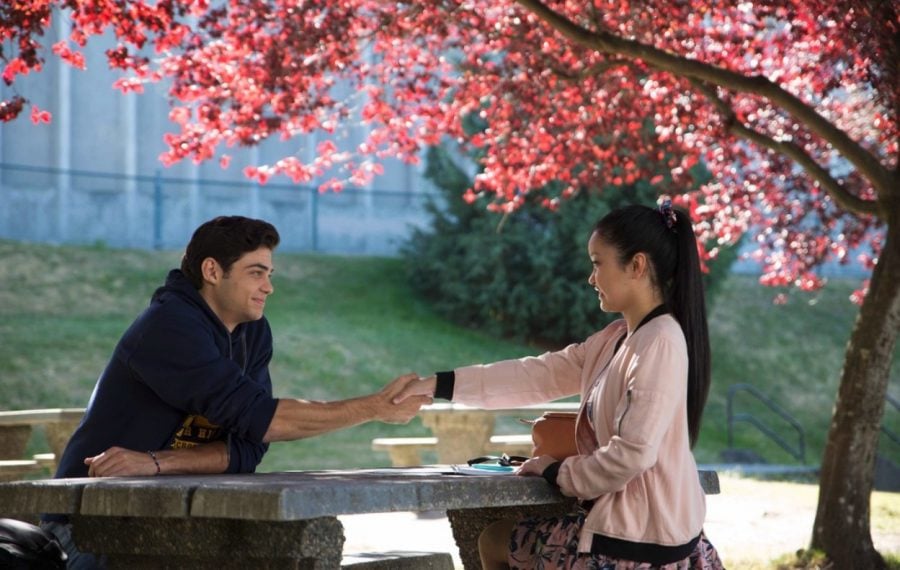
To All the Boys I’ve Loved Before is not only the best rom-com on Netflix, it’s one of the best rom-coms in recent memory, period. It has all the originality and freshness of Juno, the inclusiveness and relevancy of The Big Sick, and the sweetness of all your favourite 2000s romantic comedies. Lara Jean is a high-schooler who’s never been in a relationship and who, instead of communicating her feelings to her crushes, writes them letters that never get sent. Her world is turned upside down when those letters do end up in the hands of their recipients. Her first relationship, however peculiar, comes out of the incident. The acting is top notch, the characters are lovable and well-written. Just go watch it, OK? It’s a true triumph and an innocent-fun movie, there is no scenario in which you will be disappointed.
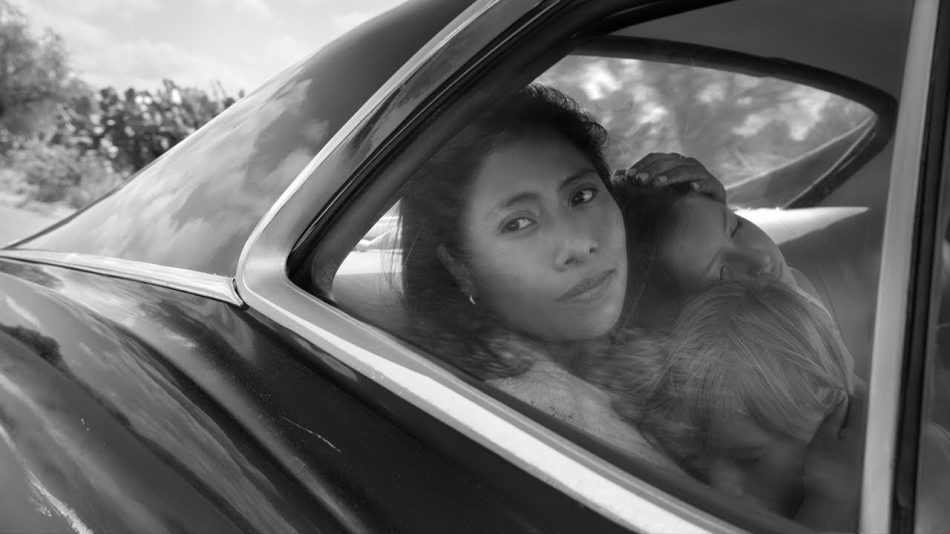
Alfonso Cuaron is a master storyteller, Academy Award-winning director, and the man behind masterpieces such as Y Tu Mamá También, Gravity, Children of Men, and perhaps more importantly, the (uncontested) best Harry Potter movie (Prisoner of Azkaban, of course). In Roma, he tells a different story. His own.
Building on events from his childhood, he tells the story of a young domestic worker in Mexico City’s Roma neighborhood. You get tales of class struggle, family dynamics, and sexism in 1970s Mexico City.
The first hour is slow but so beautiful. All it does is prepare you for the events to come, and those who stick it out will be handsomely awarded.
This is a stunning, wise and deeply personal movie. It’s everything we should ever ask from filmmakers at their prime.
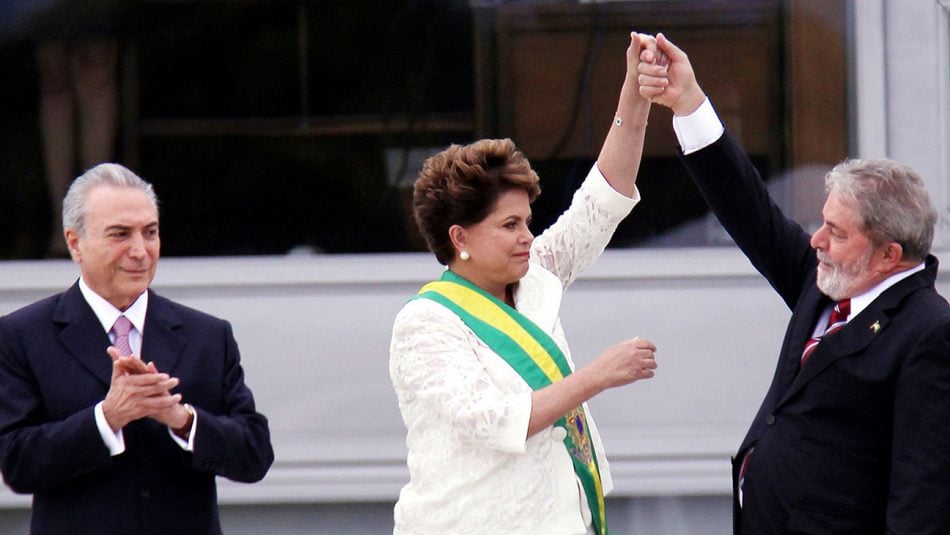
In this powerful documentary, Brazilian filmmaker Petra Costa intertwines her own family history with the democratic journey of her home country. As she says herself, Costa and her country’s democracy are of the same age. This is not the only reason why she was uniquely positioned to make a film like this: her parents were left-wing activists in the 1970s, who went to jail for their beliefs, while her grandparents were part of the ruling class have made Brazil’s strong-man politics and right-wing backlash possible. Her mother was held at the same prison that ex-president Dilma Rousseff (2011-2016) was sent to. Costa tells the story of Rousseff’s demise as well as that of Luiz Inácio da Silva (2003-2011) aka Lula, whose future remains up in the air. The Edge of Democracy is thus a gripping and urgent warning that democracy in the world’s sixth most populous country is under attack. In content and form, Costa is obviously opinionated, but she makes a strong point.
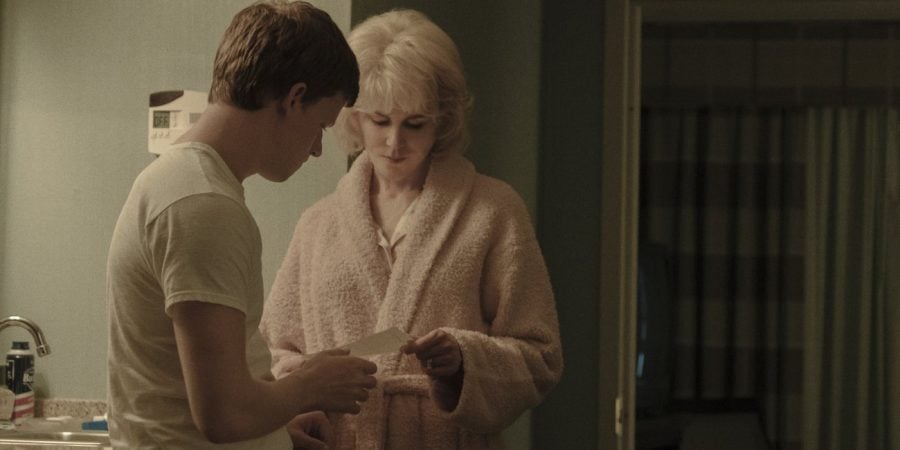
Russel Crowe, Nicole Kidman, and the immensely talented young actor Lucas Hedges (Manchester By the Sea) form an amazing pack of talent in this excellent drama. The story is based on the memoir by Garrard Conley, a true story. Set among deeply pious Christians in Arkansas, Hedges plays 18-year-old Jared Eamons, who discovers that he is gay. Crowe plays the father, a car dealer and a preacher, and Kidman the mom, who is a sweet-natured hairdresser with traditional values. When their son comes out to them after concealing his sexuality for some time, they pressure Jared into going to a Christian conversion camp, where his “lifestyle choice” is to be “prayed away”. The unspeakable camp is led by the Victor Sykes, who is as sinister as he is stupid, played with aplomb by Joel Edgerton, the writer and director. It’s a funny sidenote to a serious movie that many actors in this Southern drama are from Australia, including Edgerton, Crowe, and Kidman as well as Red Hot Chili Peppers bass player extraordinaire, Flea, who plays a drill-instructor-type PE teacher at the camp. The powerful performances are indeed what drive this drama and they contribute significantly to telling a story that needed to be told.
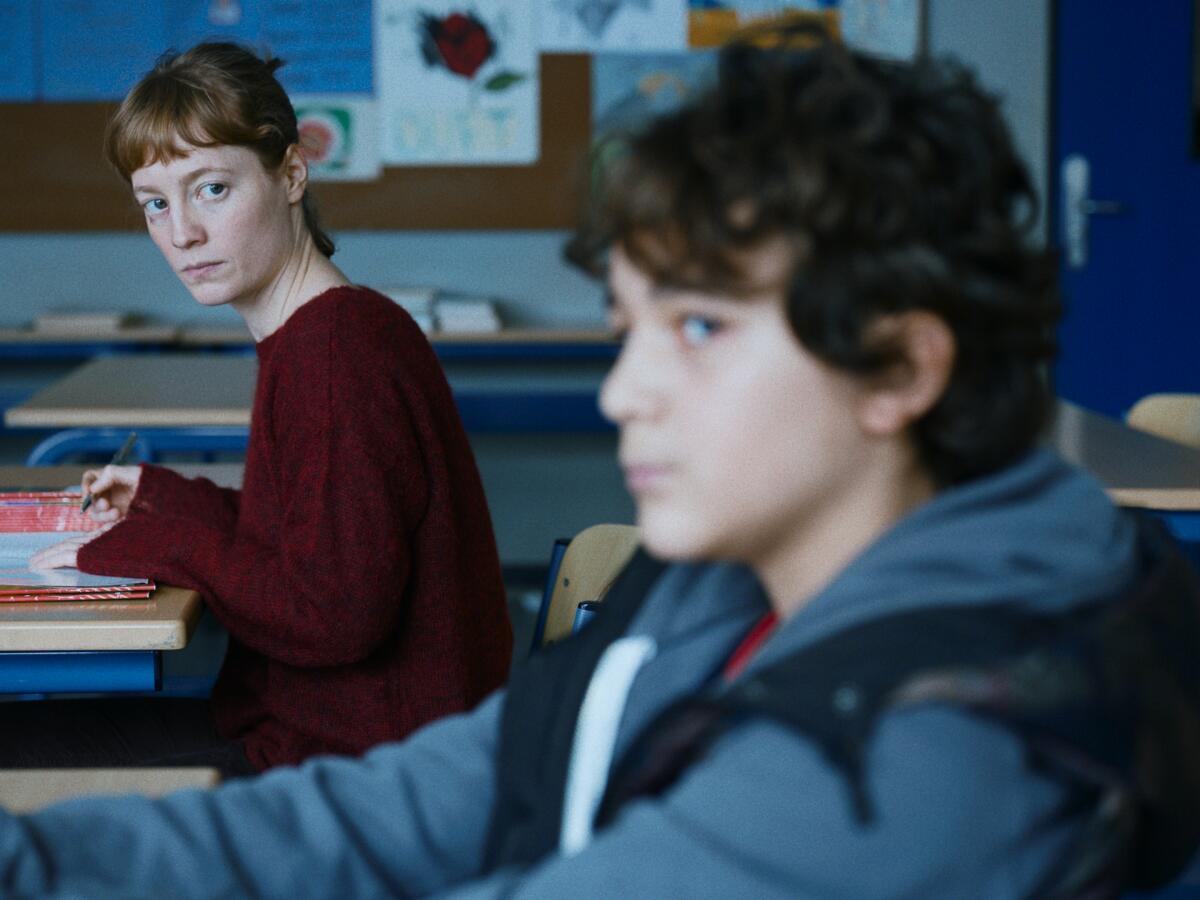
The Teacher’s Lounge is one of those movies where a simple misunderstanding is blown out of proportion, so much so that it causes the fabric of a community to unravel into chaos. Aided by a precise score, it ticks like a timebomb, with every second filled with so much dread and anxiety you have to remind yourself to breathe. It’s an impeccable and taut thriller, but it also works as an allegory about modern-day surveillance and authority. Director İlker Çatak gives the Gen-Z students and their much older teachers a level field where they struggle for control, and the result is both bleak and funny. It’s often said that schools are a microcosm of the real world, but nowhere is that more apparent than here.
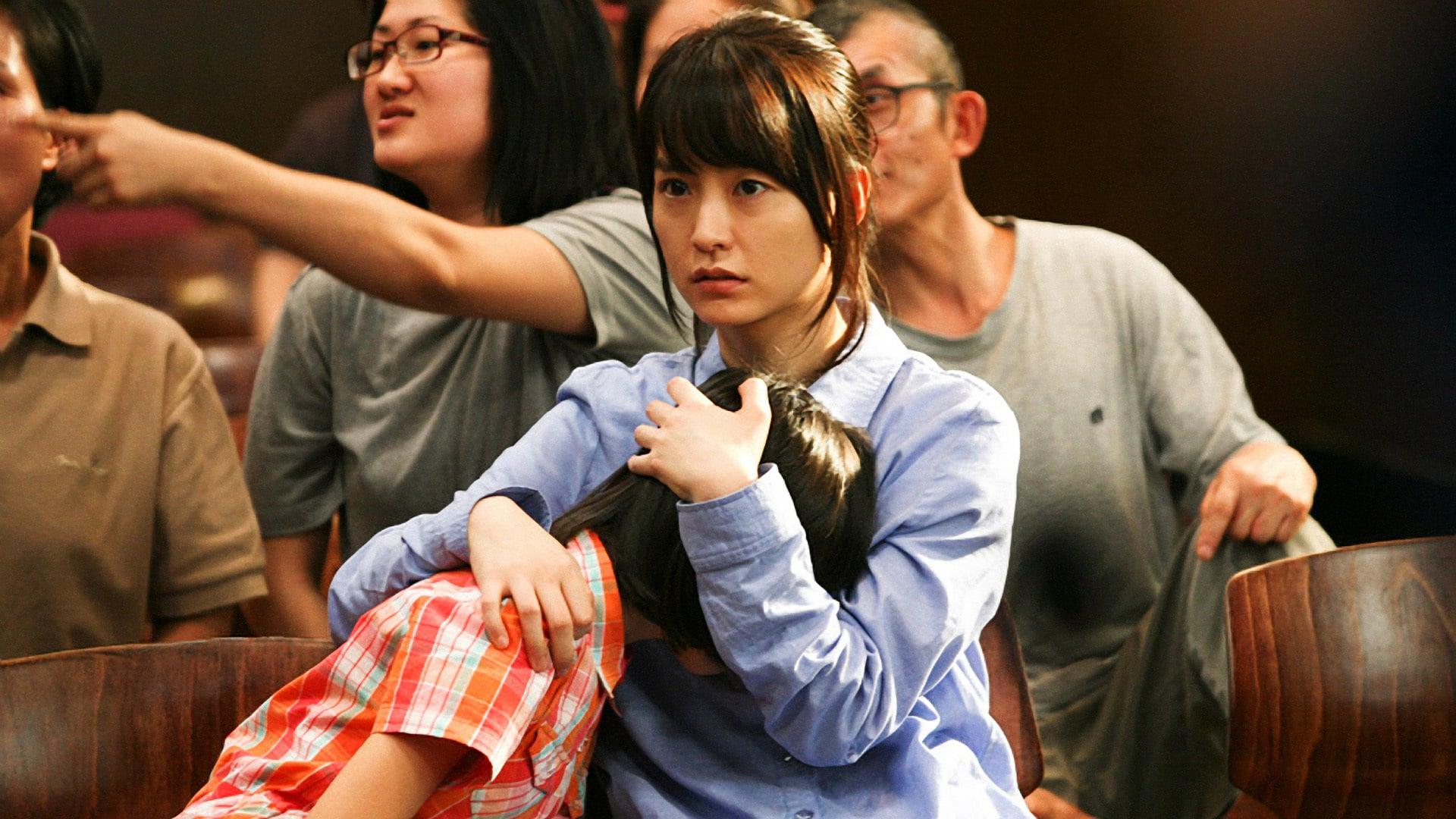
Abuse is bad and should be reported, full stop. But it’s not so easy to do so, when abusers stay in positions of power, and the people who are assigned to keep them in check are cowardly against them. Silenced depicts true crime novel The Crucible, which in turn, is based on a real life case of the Gwangju Inhwa School. Through the perspective of a new art teacher, Silenced systematically outlines how difficult it is to deliver justice, from the way the school administration bribed police and the education department, to the way the court didn’t even think to hire a deaf interpreter. It’s a horrific watch, but the intensity of the depiction was needed, given that this film’s release pushed South Korea’s government to change their laws and the actual school shut down within the same year.
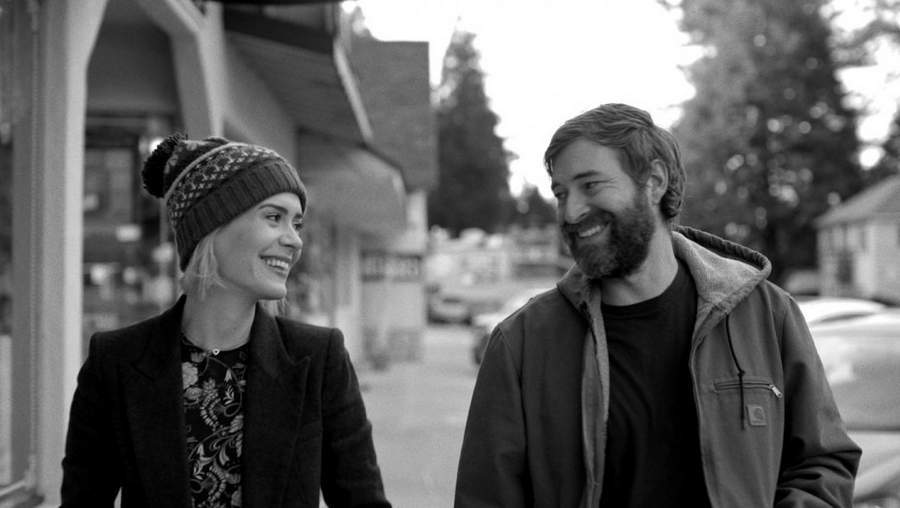
Being an intimate, black-and-white portrayal of just two people, it is worth mentioning the two leads in the very first sentence: Blue Jay stars the incredibly versatile Sarah Paulson, who most of you will know from her depiction of Marcia Clark in The People vs. O.J., and Mark Duplass from Creep. In this incredibly intricate dialogue-driven drama, he is of course named Jim, a regular guy with some issues, who runs into his high-school sweetheart Amanda at the grocery store. She is only in town briefly because her sister is having a baby. Amanda agrees to have coffee with him, later they get beer and jellybeans, and find themselves recreating silly tapes at his late mother’s house that they use to make when they were still at school. This could quickly become a soppy affair if it wasn’t for the heart-felt realness of the acting, for lack of a better term, and all the fine details that the two leads bring to the screen. The chemistry between them is something to behold!
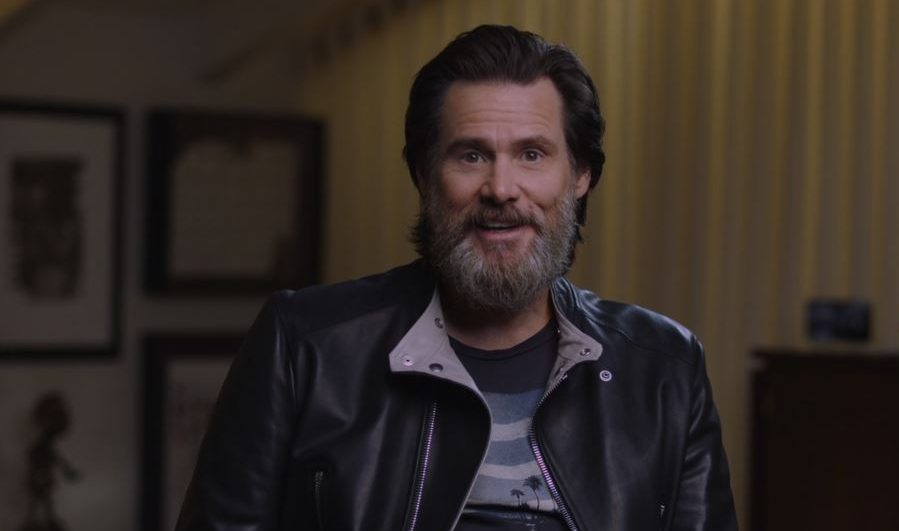
After his first serious role in The Truman Show in 1998, Jim Carrey got a shot at playing his idol, the late comedian and performance artist Andy Kaufmann, in Man on the Moon in 1999. When he got the role, a role of a lifetime, Carrey decided to honor Kaufmann’s legacy by transforming into him (and his alter ego Tony Clifton) and, in true method-acting fashion, never to leave character. Jim & Andy is the result of 100 hours of behind-the-scenes footage shot at the Man on the Moon set, which was withheld for 20 years over fears of Universal Studios that people would think Carrey was an a**hole. While Carrey was a complete and utter imposition to the film’s director, Miloš Forman, and everybody else on set, including Danny DeVito, his transformation (or obsession) was a unique, transformative experience for Carrey, who had been sick of fame and acting before he took on this gig. Whether you buy into this view or see it as a vanity piece of a complete maniac, this is one of the most unique and insane documentaries on Netflix. A mind-blowing portrayal of a complex mind.
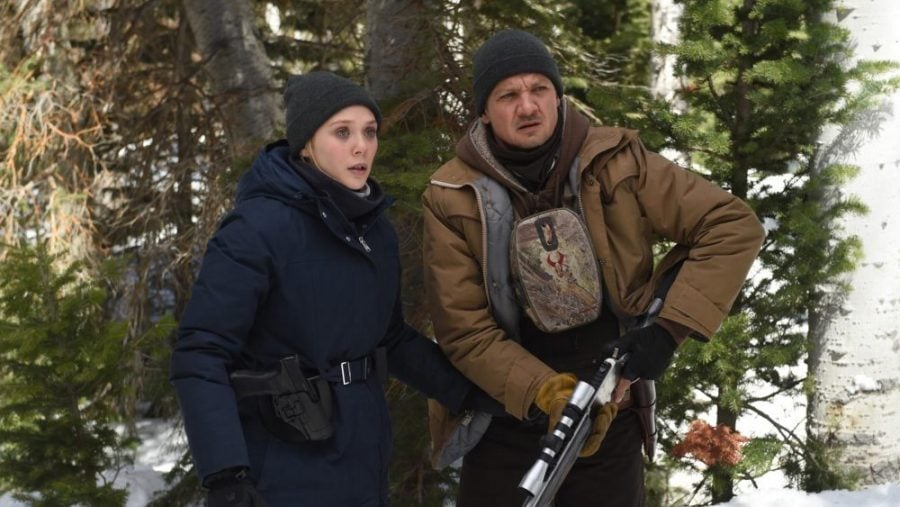
Phenomenal and heartbreaking, Wind River is a true masterpiece by Taylor Sheridan, the man behind Sicario and Hell or High Water. In a Native American Reservation, a local girl is found dead and a young detective (Elizabeth Olsen) tries to uncover the mystery. She is accompanied by a tracker (Jeremy Renner) with his own dark history in the community. It’s not a very rewarding movie at first, so don’t expect an incredibly fast-paced story from the get-go. However, when everything unfolds, it’s not only action-packed, its reflections on indigenous communities are deep and poignant. How this remains a relatively known movie is shocking, it has to be one of the best mysteries of the past 20 years.
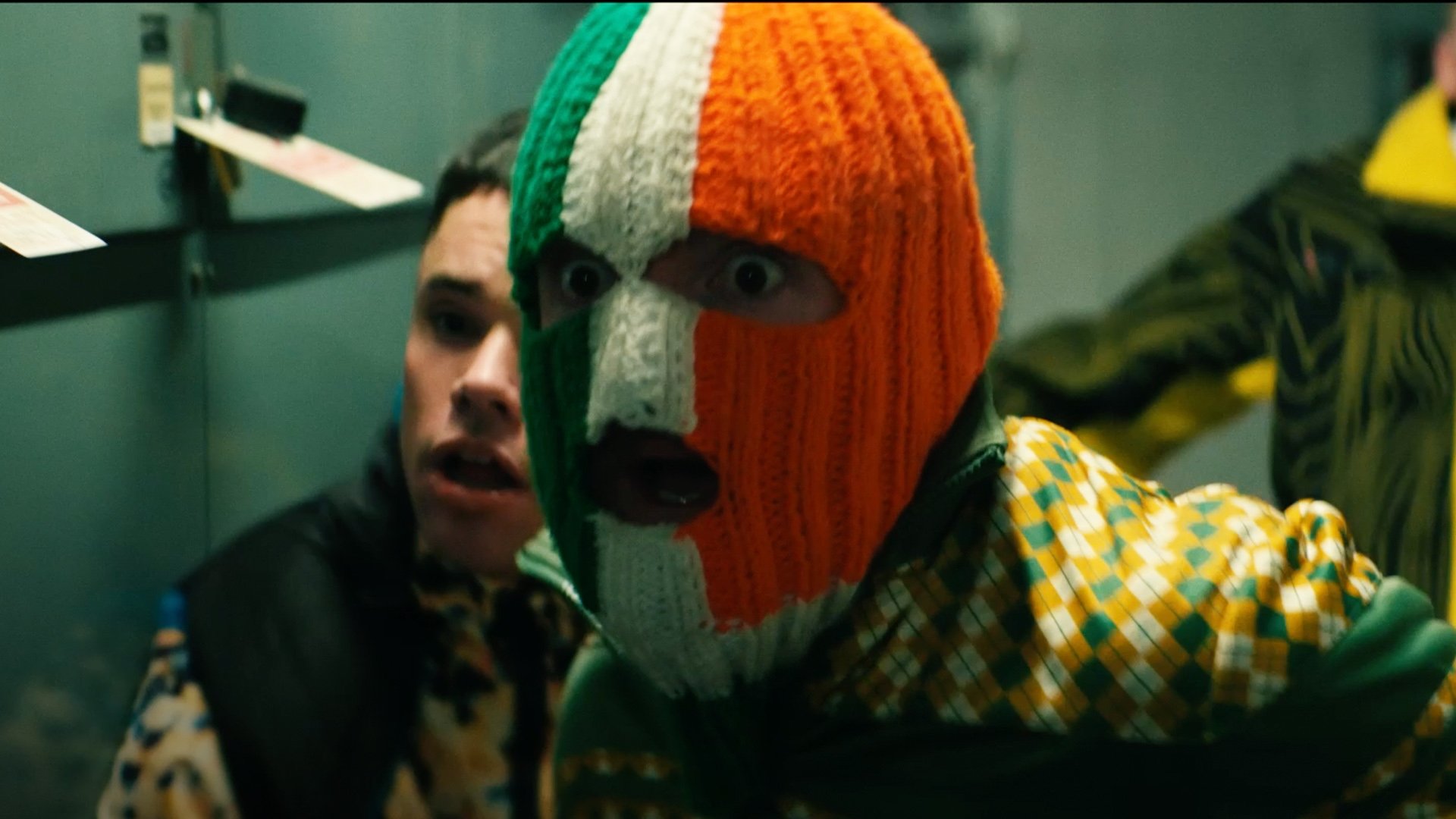
This untamed, high-octane portrait of the Belfast hip-hop trio Kneecap follows real-life members —aliases Móglaí Bap, Mo Chara, and DJ Próvaí, all playing themselves—as they forge a path from lost teens to unlikely cultural icons. Being the first hip-hop act is their native Irish, they’re met with disdain both from their community who think they are misrepresenting the Irish cause (DJ Próvaí translates to DJ Drug Dealer), and from the British for things like playing the same venue where King Charles spoke the night before and one of them exposing their butt with the words “BRITS” and “OUT” written on either cheek.
The story ends up being as much as about the group as it is about identity, artistic freedom, even the Ireland of today – and yet the core of Kneecap, perhaps not just the movie but the group itself, seems focused solely on the importance of having fun while dealing with all of it. The ride is exhilarating, often very funny, and even in tough moments, upbeat. Hang tight.

